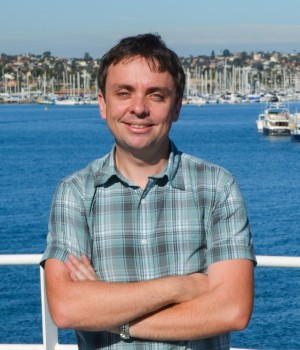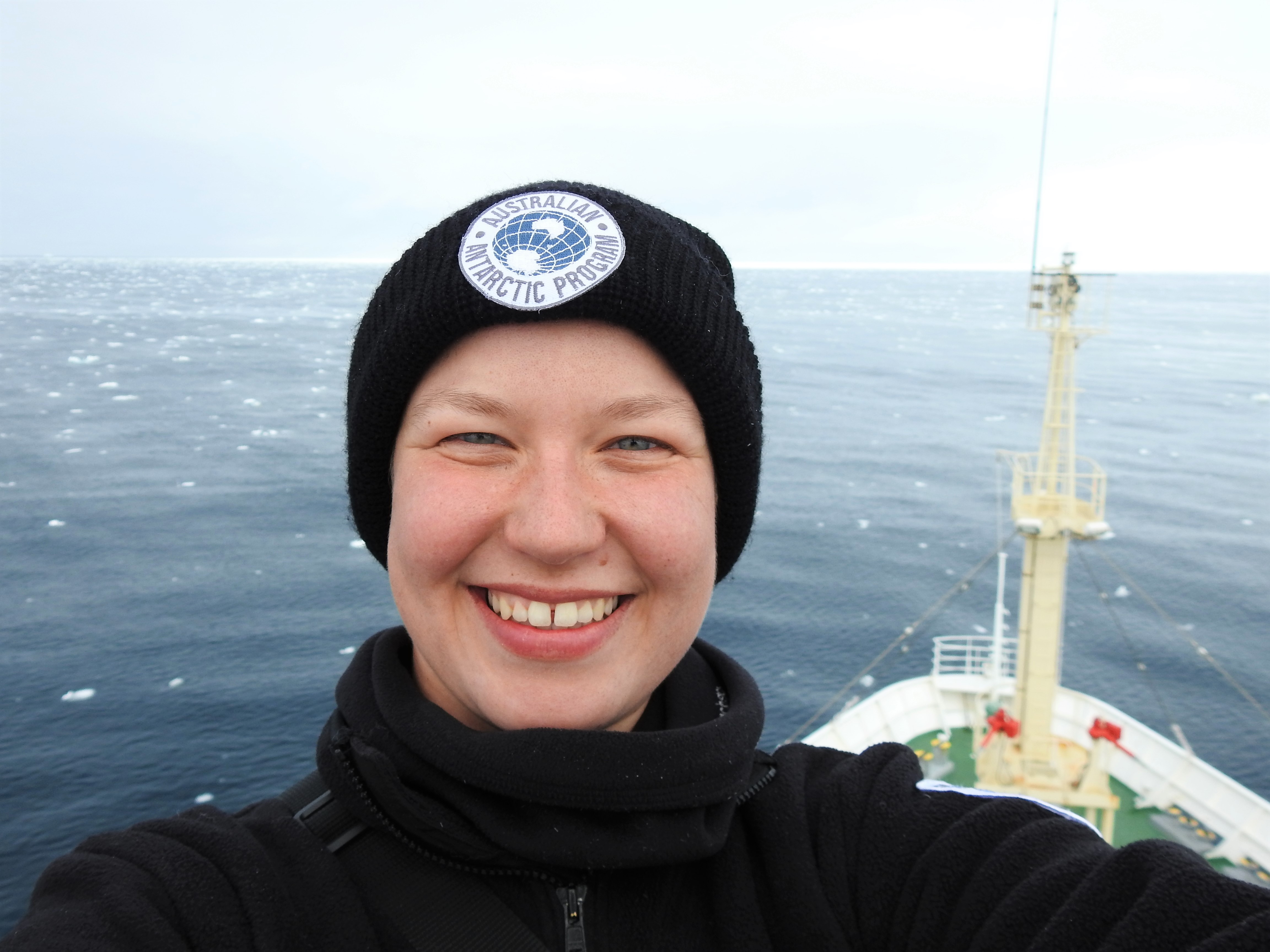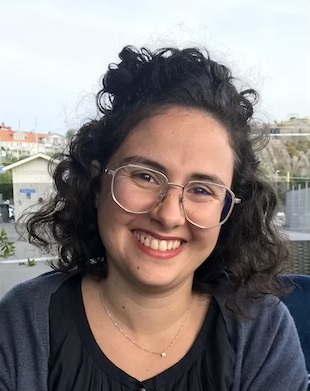OSD CWG Welcomes a new Leadership Team!

Dr Luc Lenain is the Director of the Air-Sea Interaction Laboratory at Scripps Institution of Oceanography. His research focuses on topics ranging from physics, fluid mechanics, remote sensing, air-sea interaction, surface wave dynamics, atmospheric and oceanographic research, scientific instrumentation development, and numerical simulations. Dr Lenain holds degrees from UPMC Polytech, Paris, France (M.Sc.E, Geophysics and Civil Engineering), University of Delaware (M. Sc., Physical Ocean Sciences and Engineering) and Ecole Normale Superieure, ENS – Saclay, France (Ph.D, Physics).


Dr Dan(i) Jones is a Physical Oceanographer and a UKRI Future Leaders Fellow at the British Antarctic Survey. Their research focuses on using numerical modeling (including adjoint modeling) and unsupervised classification to gain insight into ocean structure and dynamics. Recently, their work has focused on ocean-ice state estimation, adjoint sensitivity experiments, and observing system design, with a geographic focus on the Weddell Gyre.
The working group is also happy to welcome Ruth Eriksen, Svenja Halfter and Brian Ward as part of their leadership team.
Dr Ruth Eriksen is a phytoplankton ecologist at CSIRO Oceans and Atmosphere in Hobart, working on a number of long-term biological monitoring programs through IMOS. Her background is in analytical chemistry, trace metals and ecotoxicology in marine, freshwater and sediment environments. She had applied these skills in ecosystem assessments, managing environmental monitoring and research programs in Australia and Antarctica. Ruth has a PhD from the University of Tasmania, and holds an adjunct position with the Institute for Marine and Antarctic Studies. She enjoys student supervision and teaching phytoplankton taxonomy and applications of light and electron microscopy.


Svenja Halfter is a marine ecologist and biogeochemist working as a Research Assistant at the Institute for Marine and Antarctic Studies, University of Tasmania in Hobart, Australia. Her research interests focus on the impact of climate change on marine ecosystems and the oceanic carbon cycle. Furthermore, Svenja is interested in ocean data collection and management. Before her PhD, which she submitted in 2021, she completed a master’s degree in marine biology at the University of Rostock, Germany, and the University Centre in Svalbard, Norway. Beyond the OSD working group, she is involved as APECS representative in the SOOS RWG for the Indian Sector and works as the communications officer for the SCAR-EGABI (Expert Group on Antarctic Biodiversity Informatics).
Prof. Brian Ward completed his PhD studies on the ocean thermal skin at NUI, Galway. He subsequently moved to the Geophysical Institute in Bergen as a Marie Curie Fellow where he developed a neural network model for the skin-bulk temperature difference using data from an instrument funded by the Norwegian Research Council (the Skin Depth Experimental Profiler - SkinDeEP). He joined the NOAA Laboratory in Miami as a post-doc for the GasEx2001 Equatorial Pacific experiment and moved to the Woods Hole Oceanographic Institution for a period of 4 years. He then took up a tenure-track position at Old Dominion University before returning to NUI, Galway, where he established the AirSea Laboratory.

His research is concerned with small-scale processes at the air-sea interface and their role in exchange between the ocean and atmosphere. He has developed several instruments specifically designed for open-ocean observations, most importantly the Air-Sea Interaction profiler (ASIP).
Last, but most definitely, not least, OSD is thrilled to welcome Yosr Ammar as the new APECS representative.

Dr Yosr Ammar has a background in agronomic engineering with a focus on fisheries and environment from the National Agronomic Institute of Tunisia (INAT), and a Master of Science in Agricultural and Land Management from Mediterranean Agronomic Institute of Montpellier (CIHEAM-IAMM). During her curriculum, she had the opportunity to do internships at leading institutes such as GEOMAR-Germany, and IFREMER-France.
Yosr recently finished her PhD in sustainability science from the Stockholm Resilience Centre (SRC), Stockholm University, with her thesis on "Novelty in the Anthropocene - Exploring past and future novelty in marine social-ecological systems”. She used resilience and Complex Adaptive Systems theories, as well as concepts of novelty in ecology, to conceptualize and quantify novelty in a marine social-ecological systems (SES) context. Novelty is a dynamic property of SES, defining the extent to which a system has shifted toward historically unknown conditions. She focused on the past and the future emergence of novelty in the case of the Baltic Sea SES to better understand when and where novelty emerges, its drivers and its impact on resilience.
Research interests: She uses timeseries from social and ecological dimensions of diverse social-ecological systems to advance the understanding of dynamical processes and complexity of marine ecosystems, and contribute to a better management of marine natural resources.
As a new member of the SOOS Observing System Design Capability Working Group, she is interested in making data available, homogeneous and open-access to advance oceans related research, especially in areas where data are quite limited.
SOOS likes to wish all new leadership team members a great start and much success!






